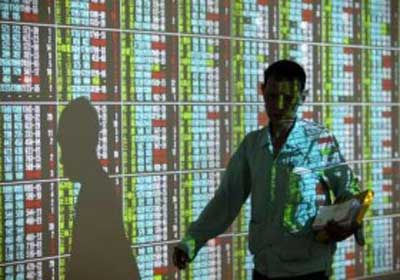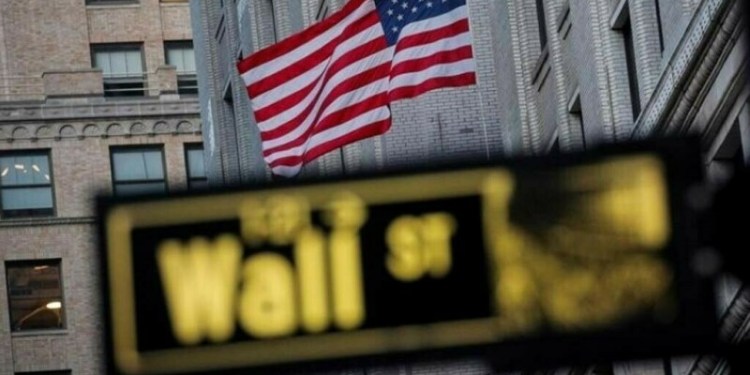Thursday, 02 July 2015 12:42
 SHANGHAI: Chinese shares plunged again Thursday, with Shanghai ending more than three percent lower after another volatile day despite regulators relaxing margin trading rules.
SHANGHAI: Chinese shares plunged again Thursday, with Shanghai ending more than three percent lower after another volatile day despite regulators relaxing margin trading rules.
The benchmark Shanghai Composite Index dropped 3.48 percent, or 140.93 points, to 3,912.77 on turnover of 736.0 billion yuan ($ 120.3 billion). It slumped as much as 6.38 percent in late afternoon trade before recovering slightly.
The Shenzhen Composite Index, which tracks stocks on China’s second exchange, plummeted 5.55 percent, or 130.32 points, to 2,215.81 on turnover of 552.3 billion yuan.
Chinese markets were among the world’s best performers earlier this year, with Shanghai rising more than 150 percent over 12 months in a spectacular borrowing-fuelled bull run until it peaked on June 12.
But it has since lost a quarter of its value, putting it in bear market territory, with the losses largely attributed to fears stocks were overvalued, profit-taking and margin traders unwinding their positions.
“High volatility is a typical sign when the market has hit the bottom level, but even so, this kind of market swing is very rare since it’s a liquidity-driven market,” Zheshang Securities analyst Zhang Yanbing told AFP.
Interventions including a surprise interest cut at the weekend have failed to arrest the declines.
Margin investors only need to deposit a small proportion of the value of their trade, potentially generating bigger profits but also exposing themselves to bigger losses.
The China Securities Regulatory Commission loosened rules on the practice for both investors and brokerages late Wednesday, removing some limits on minimum deposits.
The new regulations also let investors pay back losses in other ways than forced liquidation of their shares — which could prevent a vicious cycle of falling prices triggering sales, pushing values down further.
But Simon Male, New York-based head of Asian equities sales at Auerbach Grayson & Co, told Bloomberg News via email: “Making it easier to obtain margin financing is only exacerbating the problem. Without fundamental support, the market will remain extremely volatile.”




























